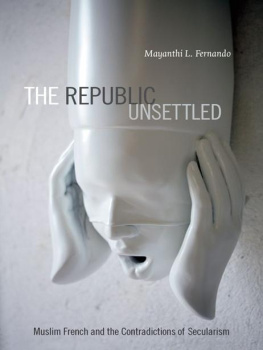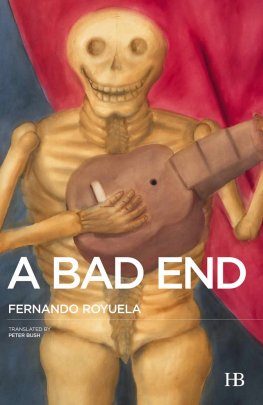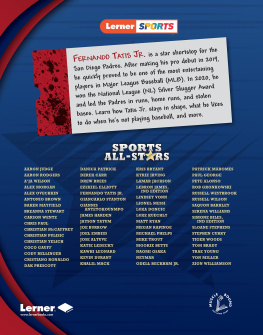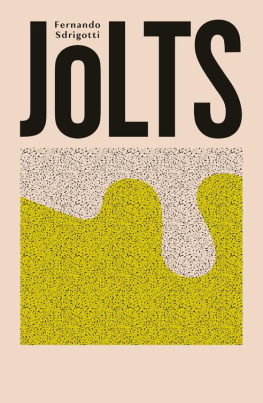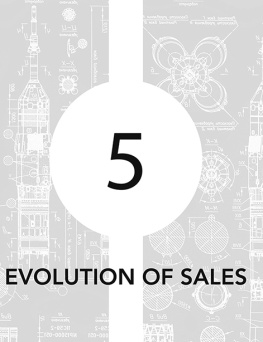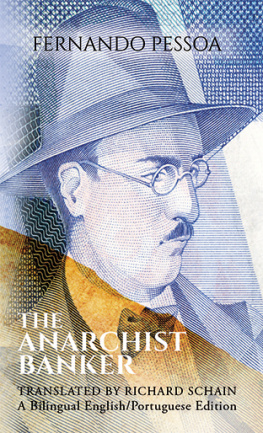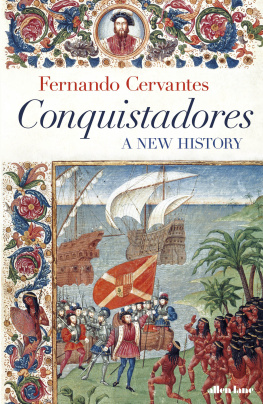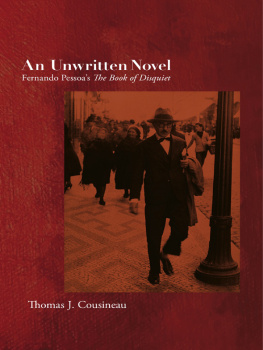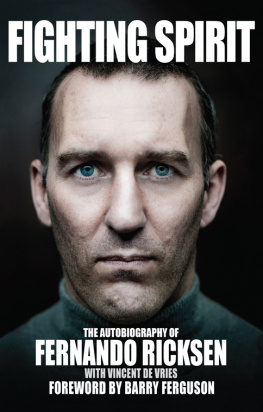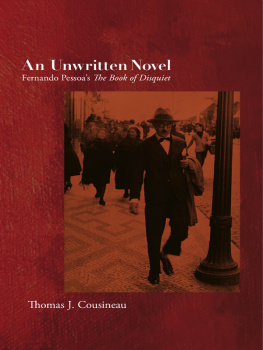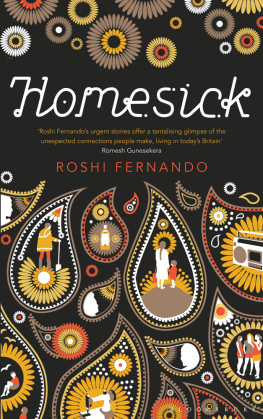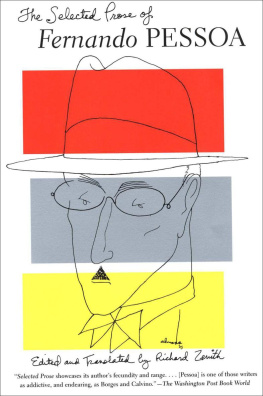Mayanthi L. Fernando - The Republic Unsettled
Here you can read online Mayanthi L. Fernando - The Republic Unsettled full text of the book (entire story) in english for free. Download pdf and epub, get meaning, cover and reviews about this ebook. year: 2014, publisher: Duke University Press, genre: Politics. Description of the work, (preface) as well as reviews are available. Best literature library LitArk.com created for fans of good reading and offers a wide selection of genres:
Romance novel
Science fiction
Adventure
Detective
Science
History
Home and family
Prose
Art
Politics
Computer
Non-fiction
Religion
Business
Children
Humor
Choose a favorite category and find really read worthwhile books. Enjoy immersion in the world of imagination, feel the emotions of the characters or learn something new for yourself, make an fascinating discovery.
- Book:The Republic Unsettled
- Author:
- Publisher:Duke University Press
- Genre:
- Year:2014
- Rating:5 / 5
- Favourites:Add to favourites
- Your mark:
- 100
- 1
- 2
- 3
- 4
- 5
The Republic Unsettled: summary, description and annotation
We offer to read an annotation, description, summary or preface (depends on what the author of the book "The Republic Unsettled" wrote himself). If you haven't found the necessary information about the book — write in the comments, we will try to find it.
The Republic Unsettled — read online for free the complete book (whole text) full work
Below is the text of the book, divided by pages. System saving the place of the last page read, allows you to conveniently read the book "The Republic Unsettled" online for free, without having to search again every time where you left off. Put a bookmark, and you can go to the page where you finished reading at any time.
Font size:
Interval:
Bookmark:
Muslim French and the Contradictions of Secularism
MAYANTHI L. FERNANDO
Duke University Press
Durham and London
2014
2014 Duke University Press
All rights reserved
Printed in the United States of America on acid-free paper
Designed by Courtney Leigh Baker
Typeset in Quadraat by Westchester Publishing Services
Library of Congress Cataloging-in-Publication Data
Fernando, Mayanthi L.
The republic unsettled : Muslim French and the contradictions of secularism / Mayanthi L. Fernando.
pages cm
Includes bibliographical references and index.
ISBN 978-0-8223-5734-6 (cloth : alk. paper)
ISBN 978-0-8223-5748-3 (pbk. : alk. paper)
1. MuslimsFrance. 2. IslamFrance. 3. SecularismFrance. I. Title.
DC34.5.M87F47 2014
305.6'970944dc32014000768
Cover art: Mamouna Guerresi, Infinity Sound 1, 2009. Sculpture in white resin, mirror, 120 27 22 cm. Mamouna Guerresi, courtesy Stux Gallery, New York.
ISBN 978-0-8223-7628-6 (electronic)
I have been tremendously fortunate in writing this book, and many who were crucial to the project were entirely unpredictable gifts. In Michel-Rolph Trouillot I found an intellectual touchstone and second father. It was Rolph who pushed me to work on France, to attempt an anthropology of the West. He wasto use one of his favorite phrasesthe condition of possibility for my scholarship. I am equally grateful to Saba Mahmood, whose guidance has shaped me in ways I am still discovering. Saba was, and remains, a mentor and model, her intellectual rigor consistently matched by her care for me as a scholar and a person. I owe her a debt that can never be repaid. Nawel Gafsia has become a sister. She opened all kinds of doors for my research, and her warmth and integrity always made me feel welcome. I begin the book with her name as a pseudonym in a small gesture of thanks. Monique Nadal took me under her wing and introduced me to Paris, making my two years there not just livable but thoroughly enjoyable. Nawel and Monique did more than make my research possible; they made France my home.
This project began at the University of Chicago. I would like to thank Jean Comaroff, my dissertation committee cochair, who, in a moment of characteristic generosity, took me on as an advisee after Rolph's illness. Her wisdom and determination continue to inspire me. I am indebted to the rest of my committeeNadia Abu el-Haj, Leora Auslander, and Elizabeth Povinellifor pushing me in directions I otherwise would not have gone.In Yarimar Bonilla I found a lifelong friend and interlocutor. Yari has been a sister in arms and kindred spirit from the beginning, and she remains an unparalleled source of affection, laughter, and intellectual and emotional support. Jessica Greenberg, Andrea Muehlebach, and other members of the Anthropology of Europe graduate student workshop were my scholarly anchors at Chicago. The remarkable Anne Ch'ien made everything come together. Anne-Carinne Trouillot continues to make Chicago a home away from home.
This book really took shape at the Institute for Advanced Study, and I thank all the participants in the Secularism seminar there. In Princeton, New Jersey, I lived and grew in ways I never would have imagined, and three people in particular are responsible for that. Joan W. Scott has long been an inspiration. I am honored to have become an interlocutor of hers and am deeply grateful not only for her multiple careful readings of my manuscript, but also for her unparalleled generosity, kindness, and support over the last few years. Gil Anidjar turned everything inside out; his critical engagement, friendship, and care continue to sustain me. Judith Surkis proved that one can think and laugh simultaneously, and it is a pleasure to be in her intellectual and familial orbit.
The University of California, Santa Cruz, is a place like no other, and I am lucky to be surrounded here by exceptional colleagues. Lisa Rofel and Susan Harding have been the mentors all junior faculty members wish for. Lisa read my manuscript on numerous occasions, and she has guided me, supported me, and encouraged me throughout my time at Santa Cruz. Susan's insistence on challenging everything pushed me to think in new ways. I am particularly thankful to Lisa and Susan for persuading me to let my ethnography do more work in the book. I was glad to have Danilyn Rutherford as a writing partner; her unexpected insights propelled my manuscript in novel directions and helped me clarify my arguments. Mark Anderson has become a trusted friend, and I am grateful for how much he looks out for me; a better left tackle I won't find. Andrew Mathews, Anna Tsing, and Matthew Wolf-Meyer helped me to think in more rhizomatic ways. I have also been fortunate to make the Department of Feminist Studies a second home. I laugh constantly with and learn constantly from Anjali Arondekar and Gina Dent, who have looked after me in extraordinary ways. Neda Atanasoski's kindness and friendship sustained me in difficult times. I am grateful to Debbie Gould, another writing partner, for her comments on various chapters and her general camaraderie. The Center for Cultural Studies has been an invaluable site of critical engagement. Debbie Neal,Fred Deakin, Christina Domitrovich, Courtney Hewitt, and Allyson Ramage have made everything run smoothly. I would also like to acknowledge the support I have received from all my colleagues in the Department of Anthropology and from Sheldon Kamieniecki, dean of the Division of Social Sciences. They let me follow a trajectory that likely would have been impossible at other institutions.
Beyond the redwoods of Santa Cruz, Gary Wilder has been a wonderfully generous interlocutor; his careful comments on my chapters and papers, as well as his own work, have fundamentally reshaped my thinking. Paul Silverstein and Susan Terrio provided much-needed support and guidance from the very beginning of this project, when I was still a graduate student, to its end. Other friends and colleagues have also given generously of their time, providing critique and encouragement at various points. They include Hussein Agrama, Valrie Amiraux, John Bowen, Matti Bunzl, Naomi Davidson, Lara Deeb, Nadia Fadil, Didier Fassin, Eric Fassin, Nilufer Gle, Manu Goswami, Nacira Gunif Souilamas, Steven Hause, Charles Hirschkind, Ccile Laborde, Ruth Mas, Adeline Masquelier, Russell McCutcheon, Megan Moodie, Annelies Moors, Denis Provencher, Lucinda Ramberg, Ruba Salih, Noah Salomon, Andrew Shryock, Benjamin Soares, and Winnifred Sullivan. The manuscript was completed while I was a visiting professor at Wesleyan University, and I am grateful to Jennifer Tucker, Peter Gottschalk, Mary-Jane Rubenstein, and the Feminist, Gender, and Sexual Studies Program for so generously making that opportunity possible.
Beyond the world of academe, Elizabeth Markovits, Bennett Hazlip, and Buddy made my two years in St. Louis a blast. I am happy to have finally joined my surrogate grandparents, Rhoda and Leon Litwack, in California. Clara Petit has kept me grounded. Jessica Seddon continues to teach me that contentment comes in all configurations. Michelle Pollock has picked up the pieces and made me laugh, over and over. And Dorian Bell was a kind and brilliant companion, reading chapters meticulously and encouraging me unfailingly.
My book is based primarily on twenty months of fieldwork in Paris, Rennes, and Nantes, most of it conducted between 2002 and 2004, with additional research undertaken between 2007 and 2011. All names except those of recognizable public figures are pseudonyms. In some ways that is unfortunate, because the book would not have been possible without the generosity of my interlocutors in France, all of whom I wish I could thank by name. They spoke to me candidly and forthrightly about some difficult issues. For their time, openness, and patience with my questions, I would like to thank inparticular Farid Abdelkrim; Zahra Ali; the members of Jeunes Musulmans de France in Nantes, al-Houda in Rennes, and the Collectif Une cole pour Tou(te)s; my
Font size:
Interval:
Bookmark:
Similar books «The Republic Unsettled»
Look at similar books to The Republic Unsettled. We have selected literature similar in name and meaning in the hope of providing readers with more options to find new, interesting, not yet read works.
Discussion, reviews of the book The Republic Unsettled and just readers' own opinions. Leave your comments, write what you think about the work, its meaning or the main characters. Specify what exactly you liked and what you didn't like, and why you think so.

